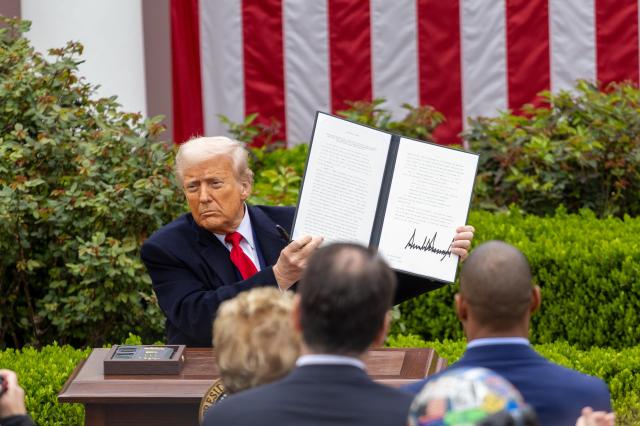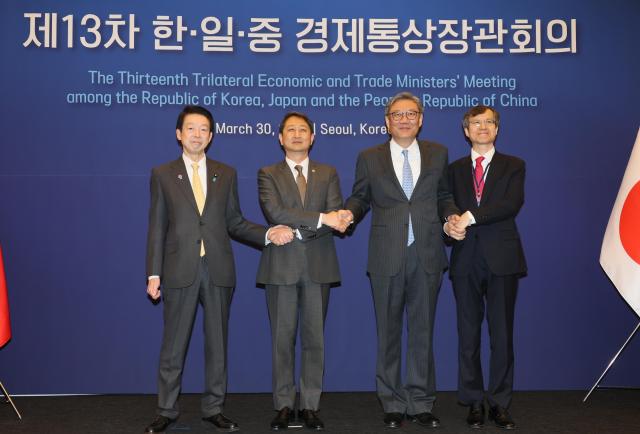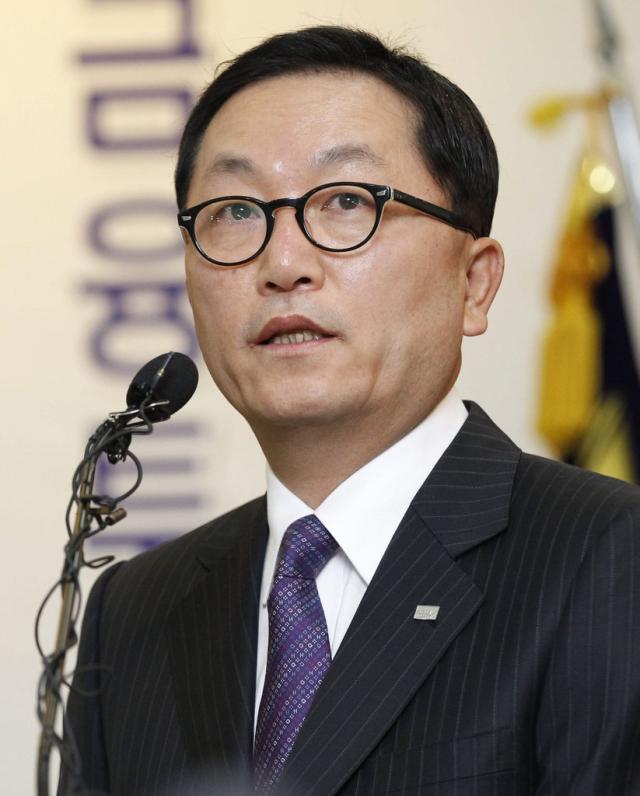
Analysts warn of broader consequences for Asia’s export-driven economies, many of which serve as key links in the global supply chains of multinational technology firms.
The new levies, which also target imports from South Korea (25 percent), Vietnam (46 percent), Thailand (37 percent), and India (27 percent), threaten to upend the cost-efficient offshore production networks that South Korean companies like Samsung and LG have spent decades building.
Samsung Electronics, the world’s largest smartphone maker, may be among the hardest hit.
More than half of its global smartphone production comes from factories in Bac Ninh and Thai Nguyen in northern Vietnam — facilities that primarily supply the U.S. market. The new tariff regime could significantly raise the cost of these exports, undermining Samsung’s competitive edge.
The company’s Chinese-assembled smartphones face even steeper hurdles, with combined duties now reaching 54 percent, after the White House tacked on a 34 percent reciprocal tariff to the existing 20 percent rate on Chinese imports.
While Samsung reportedly rushed shipments of its flagship Galaxy S25 to the U.S. before the announcement, its next-generation foldable devices, slated for launch in the second half of 2025, may not avoid the financial fallout.
The impact extends beyond smartphones.
Both Samsung and LG Electronics manufacture televisions and home appliances in Vietnam, Thailand, and China for the American market — operations now jeopardized by duties of up to 46 percent.
In response, the two companies are evaluating contingency plans, including the expansion of production in Mexico — which remains tariff-exempt under the United States-Mexico-Canada Agreement (USMCA) — and increased output from U.S.-based facilities.
LG Electronics convened an emergency task force meeting on Thursday to assess the implications and prepare countermeasures.
While automobiles were excluded from the reciprocal tariff list, they remain subject to a previously announced 25 percent product-specific duty that took effect on Thursday. Hyundai Motor Group may find some relief in its new electric vehicle plant in Georgia, which began production earlier this year.
The tariffs on Vietnamese shipments are scheduled to take effect on April 9, leaving only days for diplomatic negotiations.
Copyright ⓒ Aju Press All rights reserved.





View more comments